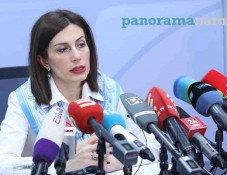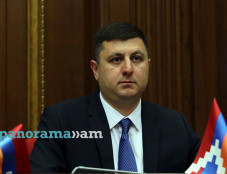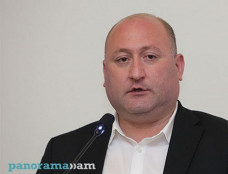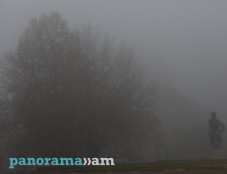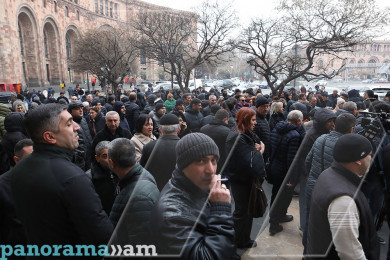
There is no mechanism to address problems of cross-border shootings in Nagorno-Karabakh - Human Rights Watch
The 2020 truce ending the six-week war between Armenia and Azerbaijan in and around Nagorno-Karabakh largely held, but periodic skirmishes made for a fragile situation on the post-war front lines, international human rights organisation Human Rights Watch (HRW) said in its annual World Report 2022.
The U.S. based organisation documented that ethnic Armenian prisoners continued to be detained and prosecuted by Azerbaijan. "In September 2021, the Armenian Ombudsman’s Office stated that at least 41 prisoners of war (POWs) and 4 civilian detainees remain in Azerbaijani custody. Numerous Armenian POWs were subjected to cruel and degrading treatment and torture by Azerbaijani forces either when they were captured, during their transfer, or while in custody at various detention facilities. In 2021, nearly 100 Armenian POWs and civilian detainees were returned by Azerbaijan," according to the report.
It is noted that the fighting compounded the loss of education due to Covid-19-related school closures. According to official data, at least 71 schools were damaged or destroyed on the Armenian side and 54 on the Azerbaijani side.
"Ongoing incidents of military hostilities threaten the safety and livelihoods of civilians residing in villages in Nagorno-Karabakh and along the Armenia-Azerbaijan border, mostly on the Armenian side. Russian peacekeepers reported the October 9 killing of a civilian in Martakert (Aghdara) district, while he was farming, due to gunfire from the Azerbaijani side. With no independent human rights monitoring in Nagorno-Karabakh, there is no mechanism to address problems arising from cross-border shootings and other insecurities," reads the part of Armenia chapter.
As to the freedom of speech and protection of human rights the report highlights that the recent war and political crises triggered heated public debates, which often included inflammatory speech by members of parliament and other public officials that was at times directed against human rights defenders and activists. "The government undertook several attempts, including by introducing legislative amendments, to tackle the spread of hateful and degrading speech. During the first six months of 2021, the Committee to Protect Freedom of Expression, a local media advocacy group, documented 15 cases, with 17 victims, of physical violence against journalists perpetrated by both public officials and private individuals," the report said.



